1099-Income Versus W-2 Income: How It Affects Your Mortgage Approval
When applying for a mortgage, the type of income you earn—1099-income versus W-2 income—can make a big difference in the approval process. W-2 employees typically have an easier time getting approved for a mortgage than 1099 wage earners because lenders view W-2 income as more stable.
Suppose you’re self-employed or an independent contractor with a 1099 income. In that case, you still have great mortgage options, including bank statement loans, 1099-income-only loans, and other non-QM mortgage programs.
In this guide, we’ll explain how lenders evaluate 1099-income versus W-2 income, how underwriters calculate income, and what loan options are available for both borrowers. Whether you’re self-employed or have a traditional job, Gustan Cho Associates can help you get approved for the right mortgage.
1099-Income Versus W-2 Income: Key Differences
Knowing the differences between 1099-income versus W-2 income is important for employees and independent contractors. Each type of income affects taxes, benefits, and financial planning differently. Understanding these differences helps people make better choices about their work and finances.
What Is W-2 Income?
W-2 income comes from traditional employment, where the employer deducts taxes before issuing your paycheck. When you work a W-2 job, lenders see your income as predictable and stable, making it easier to qualify for a mortgage.
Lenders require W-2 borrowers to provide:
- Most recent 30 days of pay stubs
- W-2 forms from the past two years
- Verification of Employment (VOE) from your employer
Key Advantage: If you have been at your W-2 job for at least 30 days, you can qualify for a mortgage with just an offer letter and first paycheck stub.
Earning W-2 income? You may qualify for a mortgage with ease!
Get pre-approved today and start your homebuying journey!
What Is 1099 Income?
1099 income is earned by independent contractors, freelancers, and self-employed individuals. Unlike W-2 employees, 1099 workers do not have taxes withheld from their paychecks. They must report their income and expenses on their tax returns.
Freddie Mac will accept only one-year 1099 per LP FINDINGS via Freddie Mac’s Automated Underwriting System if the applicant is a strong borrower.
Lenders see 1099 income as less stable because it fluctuates, making it more challenging for self-employed borrowers to approve mortgages. To qualify for a mortgage, 1099 wage earners typically need to provide:
- Two years of 1099 forms
- Two years of personal and business tax returns
- Profit and loss (P&L) statements
- Bank statements to verify income deposits
Key Challenge: Many self-employed borrowers take large tax deductions, reducing their adjusted gross income (AGI), which can lower the amount they qualify for.
How Mortgage Underwriters Calculate 1099-Income Versus W-2 Income
How W-2 Borrowers Are Approved
For W-2 employees, lenders use gross income (before taxes) to calculate the debt-to-income (DTI) ratio. If you receive bonuses or overtime, lenders may average these earnings over two years if they are consistent.
How 1099 Borrowers Are Approved
For 1099 earners, lenders look at net income (after tax deductions) rather than gross income. Because many self-employed borrowers write off business expenses, their taxable income can appear lower than their actual earnings, making it harder to qualify.
Example:
- Your total income: $100,000
- Business deductions: $40,000
- Adjusted gross income (AGI) on tax return: $60,000
In this case, lenders only use $60,000 as qualifying income, which may reduce the mortgage amount you qualify for.
No W-2? No problem! Use your 1099 income or bank statements to qualify for a mortgage.
Apply Online And get pre-approved now
Mortgage Options for 1099-Income Borrowers
If you work for yourself or as a contractor, mortgage choices are available for you beyond regular loans. Gustan Cho Associates has flexible programs aimed at people earning a 1099 income. This is great news if you’re comparing 1099-income versus W-2 income. You won’t have to deal with the standard requirements that traditional lenders often expect from salaried workers.
1. 1099-Income-Only Mortgage Loans
- No tax returns required
- Uses 90% of 1099 earnings as qualifying income
- Minimum 20% down payment
- Minimum 660+ credit score required
2. Bank Statement Mortgage Loans
- No tax returns required
- Qualifies income based on 12 to 24 months of bank deposits
- 10% to 20% down payment, depending on credit score
- Minimum 620+ credit score
3. Asset Depletion Mortgages
- Uses liquid assets (savings, stocks, retirement funds) to calculate income
- There is no need to show traditional income
- Ideal for retirees or high-net-worth individuals
4. No-Income Verification Mortgage Loans
- No tax returns, pay stubs, or W-2s needed
- Requires higher credit score and larger down payment
- Best for self-employed investors or business owners
How to Qualify for a Mortgage If You’re Switching from 1099 to W-2
If you were a 1099 worker but recently switched to a W-2 job, lenders have specific guidelines:
- If your employment gap is less than six months, you can qualify after 30 days of pay stubs.
- If you’ve been out of work for over six months, you must be at your new W-2 job for at least six months before qualifying.
This is important, especially when you’re looking at the differences between 1099-income versus W-2 income. W-2 income comes from regular jobs where taxes are taken out for you, while 1099 income usually comes from freelance work where you handle your taxes. So, if you’re starting a new W-2 job after a break, remember to stick it out for six months before you can qualify for certain things.
How to Improve Your Mortgage Approval Chances as a 1099 Borrower
If you have a 1099 income and want to qualify for a mortgage, follow these tips:
✔️ Keep Business Expenses Low – The fewer deductions you take, the higher your qualifying income.
✔️ Maintain Strong Bank Deposits – Use a personal or business bank account that shows consistent income deposits.
✔️ Improve Your Credit Score – Having a good credit score, like 680 or higher, can help you get more options for loans and lower the interest rates you pay. This is important for everyone, especially when considering how different income types can affect your chances. For example, lenders might look at these differently if you have 1099-income versus W-2 income. A good credit score helps you get loans, regardless of your income.
✔️ Save for a Larger Down Payment – If you can, save up for a bigger down payment – 20%. This can help offset the potential risks lenders see with 1099-income versus W-2 income, making them more likely to approve your loan.
✔️Use a Co-Signer – If you have someone with W-2 income who trusts you, they might be willing to co-sign the mortgage. This can make lenders feel more secure about approving your application.
✔️ Work with a Mortgage Broker Who Specializes in 1099 Loans – Not all lenders offer self-employed-friendly mortgage programs. Gustan Cho Associates provides non-QM loans tailored for independent contractors.
Navigating the mortgage approval process as a 1099 borrower can be challenging, especially when considering the differences between 1099-income versus W-2 income. To improve your chances of getting a mortgage that suits your needs, strengthen your financial profile.
Maximize your buying power with a mortgage designed for 1099 earners
Apply now and get expert guidance
Get Pre-Approved for a Mortgage Today
If you’re considering buying a home, getting pre-approved is important, whether you have 1099-income versus W-2 income. Gustan Cho Associates specializes in assisting individuals who are self-employed, independent contractors, or entrepreneurs in navigating the mortgage loan process. If you are in any of these categories, knowing your options is important. They can have a big effect on your financial future.
✔️ No lender overlays –We approve loans that many banks reject. We don’t have extra rules to stop you from getting a loan. For example, if you have 1099-income versus W-2 income, we understand that can make things tricky. But we’re here to help you get approved!
✔️ Fast approvals and closings – We get loans closed in 21 days or less.
✔️ Flexible loan programs – We offer bank statement loans, 1099-income mortgages, and no-income verification loans. We are experts in helping borrowers qualify for a mortgage one day out of bankruptcy and foreclosure with our non-QM loan program.
📞 Call or text us today at 800-900-8569.
📩 Email: alex@gustancho.com
Final Thoughts on 1099-Income Versus W-2 Income Mortgages
Qualifying for a mortgage with 1099-income versus W-2 income comes with different challenges, but loan options are available for both borrowers. If you’re self-employed, bank statement loans, 1099-income-only mortgages, and asset-depletion loans can help you buy a home without the need for traditional tax returns.
If you want to explore mortgage options, Gustan Cho Associates can help. Contact us today to find out which mortgage loan is best for you!
Frequently Asked Questions About 1099-Income Versus W-2 Income:
Q: What is the Difference Between 1099-Income Versus W-2 Income When Applying for a Mortgage?
A: The difference between 1099-income versus w-2 income is that 1099 income is earned by self-employed individuals, freelancers, and independent contractors who do not have taxes withheld by an employer. On the other hand, W-2 income comes from a traditional job where taxes are taken out before you get paid. Lenders see W-2 income as more stable, making it easier to qualify for a mortgage.
Q: Can I Get a Mortgage if I have a 1099 Income?
A: Yes! If you have a 1099 income, you can still qualify for a mortgage. However, you may need to provide two years of tax returns, 1099 forms, and bank statements to prove your income. Some lenders, like Gustan Cho Associates, offer 1099-income-only loans and bank statement loans for self-employed borrowers.
Q: Why do Lenders Prefer W-2 Income Over 1099 Income?
A: Lenders prefer W-2 income because it is consistent and easy to verify with pay stubs and tax documents. 1099 income, on the other hand, can vary from month to month, making it riskier for lenders. That’s why self-employed borrowers often need more documentation to prove their income.
Q: What if I Recently Switched from a 1099 Income to a W-2 Job? Can I Still Get a Mortgage?
A:Yes, you can qualify! If your employment gap is less than six months, you can get a mortgage after 30 days of pay stubs. However, if you were unemployed for more than six months before starting your new W-2 job, lenders may require you to be there for at least six months before approving your mortgage. The difference between 1099-income versus W-2 income – 1099 income usually comes from self-employment or freelance work, while W-2 income is what you earn as a traditional employee. This can affect how lenders see your financial stability.
Q: What are My Mortgage Options if I have a 1099 Income?
A: If you have 1099 income, you may qualify for specialized loan programs, including:
- 1099-income-only mortgages (No tax returns required)
- Bank statement loans (Uses 12-24 months of deposits as income)
- Asset depletion loans (Uses savings or investments to qualify)
- No-income verification loans (Ideal for real estate investors)
Gustan Cho Associates offers multiple loan options to help 1099 earners qualify without traditional income documentation.
Q: How do Lenders Calculate Income for 1099 Borrowers?
A: Lenders look at your adjusted gross income (AGI) after tax deductions. If you make $100,000 but deduct $40,000 in business expenses, lenders will only use $60,000 as your qualifying income. This is why large tax deductions can hurt your mortgage approval.
Q: How Can I Improve My Chances of Getting a Mortgage with a 1099 Income?
A: To improve your chances, you can do the following:
- Limit tax deductions to show a higher net income
- Maintain strong bank deposits with consistent income
- Improve your credit score (Aim for 680+ for better loan options)
- Save up for a bigger down payment. Putting down 20% or more can be helpful.
- Work with a lender specializing in 1099-income mortgages, like Gustan Cho Associates.
Q: Can I Use Bank statements Instead of Tax Returns to Qualify for a Mortgage?
A: Bank statement loans let 1099 borrowers use 12 to 24 months of personal or business bank deposits to show their income instead of tax returns. This option is helpful if you deduct many expenses from your taxes.
Q: How Does the Debt-to-Income (DTI) Ratio Affect 1099-Income Versus W-2 Income Borrowers?
A: For W-2 borrowers, lenders use gross income (before taxes) to calculate DTI.
For 1099 borrowers, lenders use net income (after deductions), which is usually lower. This means 1099 borrowers may qualify for a smaller mortgage unless they limit deductions or choose a non-QM loan.
Q: How Can I Get Pre-Approved for a Mortgage if I have a 1099 Income?
A: To get pre-approved, you’ll need to provide:
✅1099 forms for the past two years
✅ Tax returns OR bank statements (for bank statement loans)
✅Proof of consistent income deposits
✅Strong credit score and savings
Gustan Cho Associates specializes in 1099-income versus W-2 income mortgage guidelines and can help you find the best loan option based on your income type. Call (800) 900-8569 or apply online today!
This blog about “1099-Income Versus W-2 Income Mortgage Guidelines” was updated on January 29th, 2025.
Freelancers, contractors, and gig workers—your 1099 income counts
Find out how to qualify for a mortgage today!


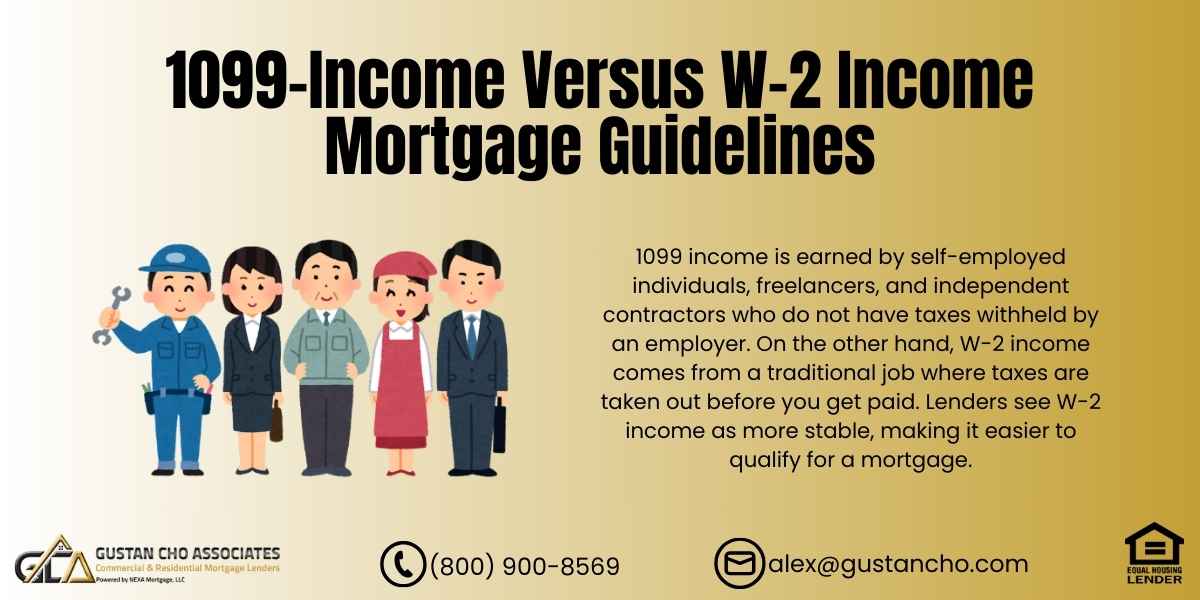

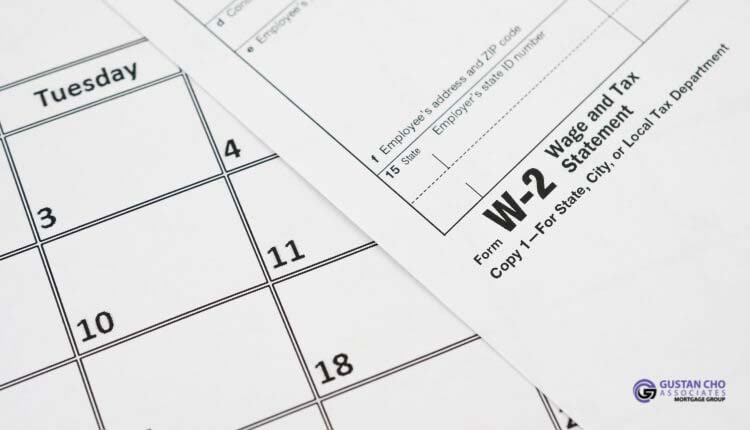

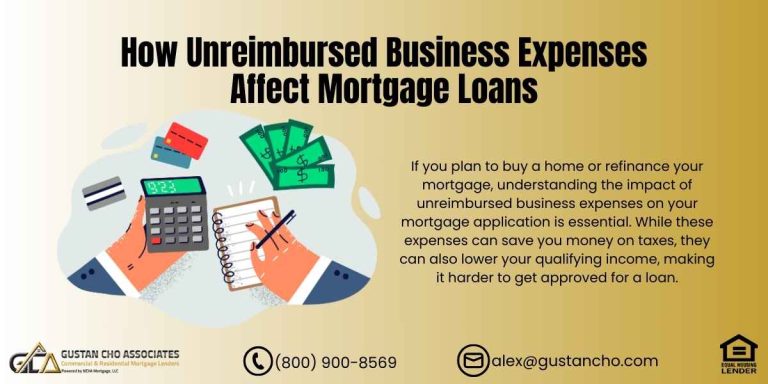
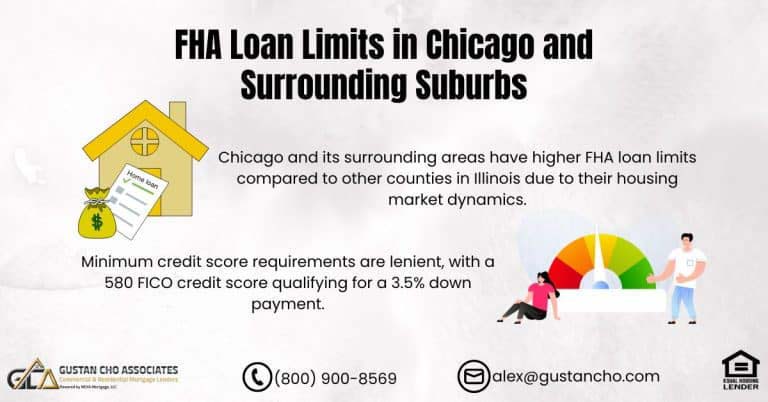

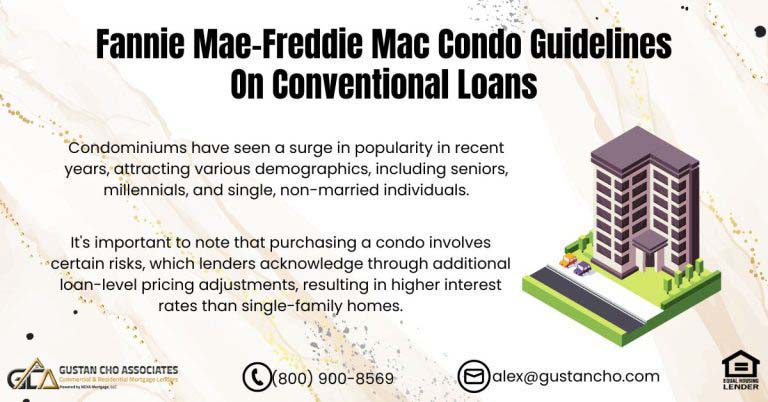

Why don’t multiple bank accounts work? As a 1099 earner, I have multiple streams of income and conventional wisdom is to not commingle assets in one bank account. Plus, had I known, I would have funnelled all the money into my personal account so I could use 100% of the income. Is this guideline flexible?
Yes, it is flexible. Please reach out to us at gcho@gustancho.com or call us at 262-716-8151. Text us for a faster response.